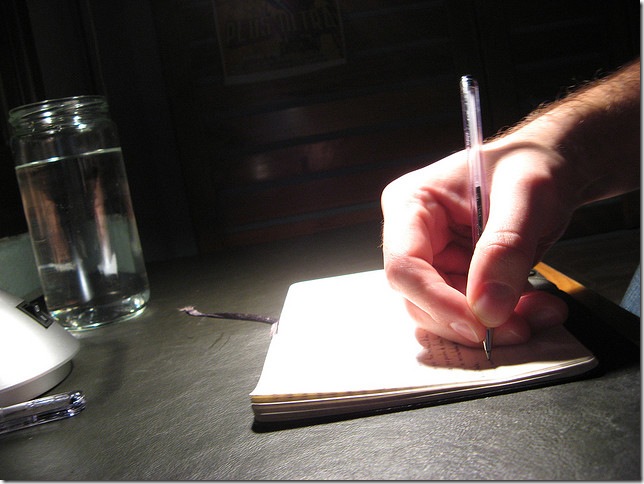The “Man (or woman if you are one) Of Letters” *
When I was in high school, the head of the English Department, who must have once been a mover and shaker in the publishing world, staged an event at our school celebrating Canadian authors. I say he must have been influential because of the lineup of authors who made personal appearances, including Pierre Berton and Farley Mowat.
For the entire day, each of the many authors in attendance held informal seminars including readings and question periods. As I moved from one author to another, it finally dawned on me why I found this all so exciting: here was a group of people who did not have jobs, people who did not draw a salary, did not report to a workplace and were not subject to managers. I was seeing, first hand, the “Man Of Letters”, someone who literally lives by his wits, who takes the product of his own mind, transfers it to paper and makes a living thereby.
Although I have always been a voracious reader, I had never before met a published author, nor did I know anyone who had. In my little backwater of a town people punched clocks and lived on their wages. So you can imagine the impression meeting these authors made on me; it is safe to say I was inspired. I started writing short stories and found a freelance job writing a weekly student news column for the local paper. I considered studying journalism.
Thirty-five years later I can report that I did not become a “Man Of Letters”. I did not even become a journalist. I did get paid to do a lot of writing in my career, but it was all by way of facilitating the private or corporate communication of others. I never did make a living by original writing. I don’t lose any sleep over this. I did interesting things, some of which were important, some of which I was even passionate about, for a time. Along the way I built a family and I take good care of them out of the proceeds of my work, and that is very fulfilling in an entirely different way.
My point (and I’m sure you will be pleased to see that I have one and am getting to it) is this; what is the difference between someone who can write (but doesn’t) and someone who must write (and does so, unceasingly)? What makes an author believe that what they have to say is worth the time and money of other readers? Why are they willing to gamble so much time and painful effort on something that, for most authors, will never be read by anyone other than the editor who rejects it? I know all about why someone who can write would choose not to stake his life on writing; what I would like to hear about is what drives those who are willing to stake their lives on it?
Timothy Bowman
* (Parenthetical portion of title courtesy of Colin Hay’s song “Beautiful World” from the album “Going Somewhere”.)

